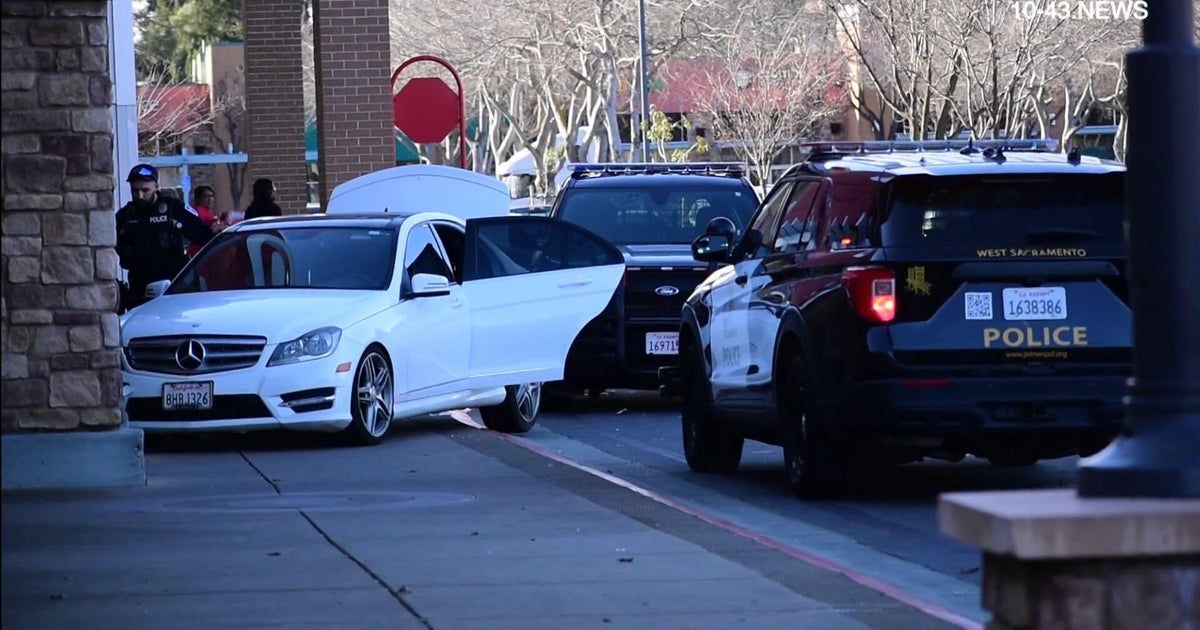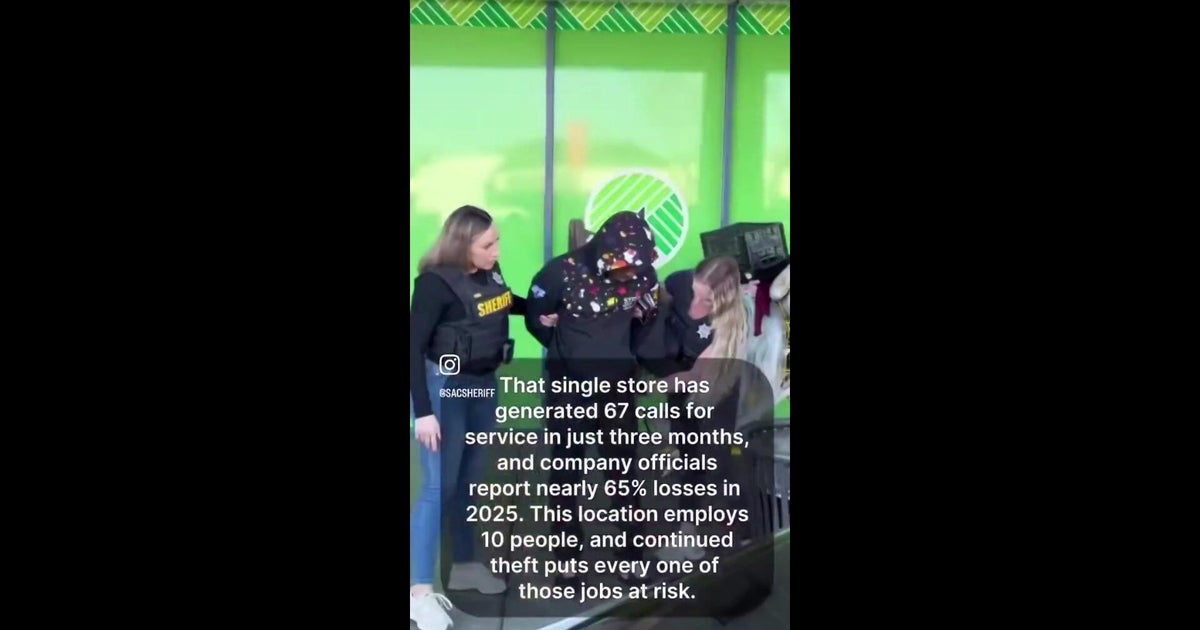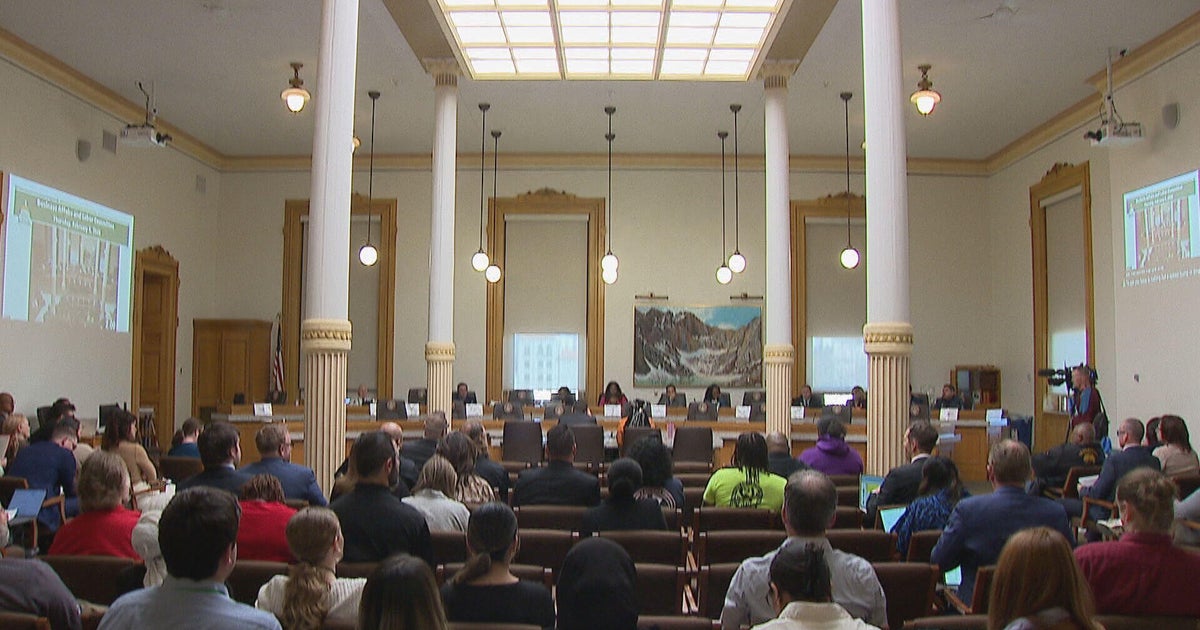Senators Move To Expand Juvenile Diversion Programs
Follow CBSMIAMI.COM: Facebook | Twitter
TALLAHASSEE (NSF) – A bill that could lead to more juveniles receiving civil citations for misdemeanor crimes, rather than getting arrested, is moving ahead in the Florida Senate.
The Senate Children, Families and Elder Affairs Committee this week unanimously approved the measure (SB 378) by Sen. Rene Garcia, R-Hialeah.
Garcia's bill would eliminate part of state law that says juvenile diversion programs are only available to first-time misdemeanor offenders. That would allow civil-citation and other diversion programs to be used in second or subsequent offenses.
"Everybody on this committee really believes in expanding this program statewide," Garcia said.
Over the past four years, the use of civil citations in Florida has increased from seven to 59 of the state's 67 counties.
But James Myles, executive director of St. Petersburg's Bethel Community Foundation, said 13,000 juveniles were arrested in Florida without the option of a civil citation last year.
"The majority were arrested for things like cursing a teacher in school, disorderly conduct or stealing a T-shirt from a store," Myles said. "These youths now have criminal records. These records will keep them from getting college scholarships, from getting jobs, or even from getting into the military."
He added, "If I'd been arrested for the some of the stupid stuff I did as a kid, I wouldn't be here today."
Garcia's bill would allow officers the choice of issuing simple warnings or informing children's parents or guardians about misdemeanor offenses. Under the bill, juveniles could be assigned up to 50 hours of community service or required to participate in intervention programs, such as family counseling and substance-abuse and mental-health treatment.
"We're not talking about hardened criminals," said Ryan Reiter of the Children's Services Council of Broward County. "We're not talking about organized crime. We're talking about economic and common sense."
But not everyone hailed the measure.
Samantha Padgett, general counsel of the Florida Retail Federation, said her group supports the civil-citation program but that there should be some limit on the number of chances given to offenders.
"I have seen histories of some juveniles who have started out with petty theft and ultimately participated in rings that stole up to $50,000 of merchandise," Padgett said. "We're not talking about stealing a tube of lipstick or a candy bar. We're talking about people that go in and target specific items and fence those items."
That prompted an objection from Sen. Thad Altman, a Rockledge Republican who contended that juveniles who go to prison are more likely to be targeted by criminal gangs.
"We're talking about children," he said. "Really, for shoplifting, they should be handed a felony or even a misdemeanor? I think that's the type of crime that a civil citation would be perfect for."
The biggest problem, all agreed, was that law-enforcement agencies have no way of knowing the status of juveniles who enter diversion programs in other counties. Pinellas County Sheriff Bob Gualtieri said that hinders officers who must decide whether to issue citations or make arrests.
"The cop that's making that decision --- unless it's his or her own agency --- they have no way of knowing if this is that kid's first, second, fifth or 10th bite of the apple," Gualtieri said. "They don't have the information to make the right decision."
Committee Chairwoman Eleanor Sobel, D-Hollywood, asked Gualtieri if the Florida Sheriffs Association would help find the money for a database that could solve the problem, and he agreed.
Gualtieri also said officers should have discretion when the issue of juvenile diversion competes with domestic-violence laws that require an arrest.
"We're not going to leave that 15-year-old who slapped his mom there with her," Gualtieri said. "He needs to go someplace else."
Padgett, Gualtieri and the committee members agreed to keep working on the bill ---- in Garcia's words, "so that every child in the state of Florida is treated fairly and equally regardless of what county they live in."
The bill is backed by the Florida Smart Justice Alliance, the Florida Public Defenders Association, the Florida Conference of Catholic Bishops and the PACE Centers for Girls.
The House companion (HB 99) by Rep. Gwen Clarke-Reed, D-Deerfield Beach, is slated for its first hearing in the House Justice Appropriations Subcommittee next week.
The News Service Of Florida's Margie Menzel contributed to this report.







